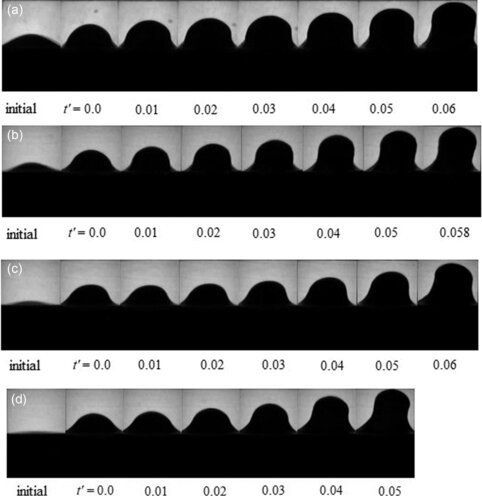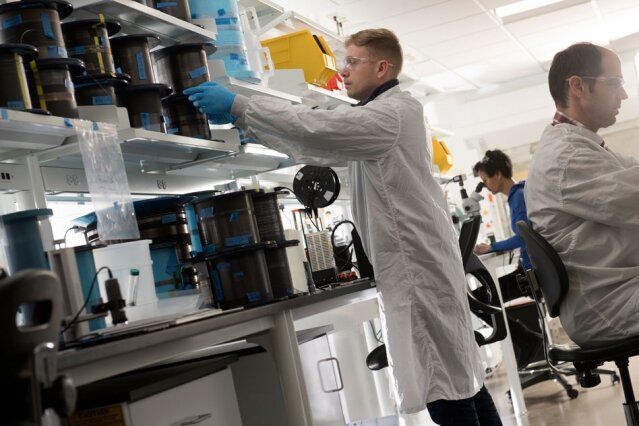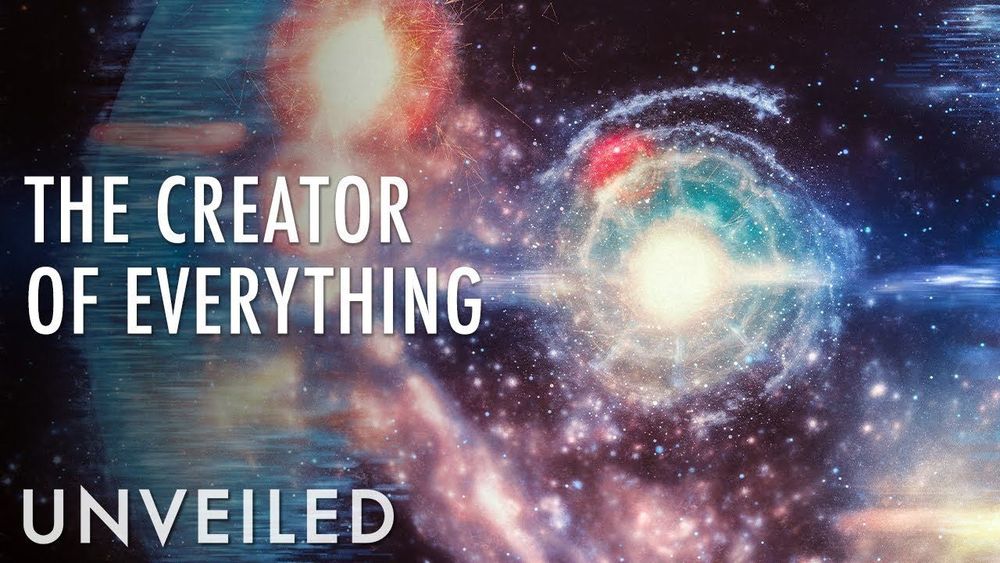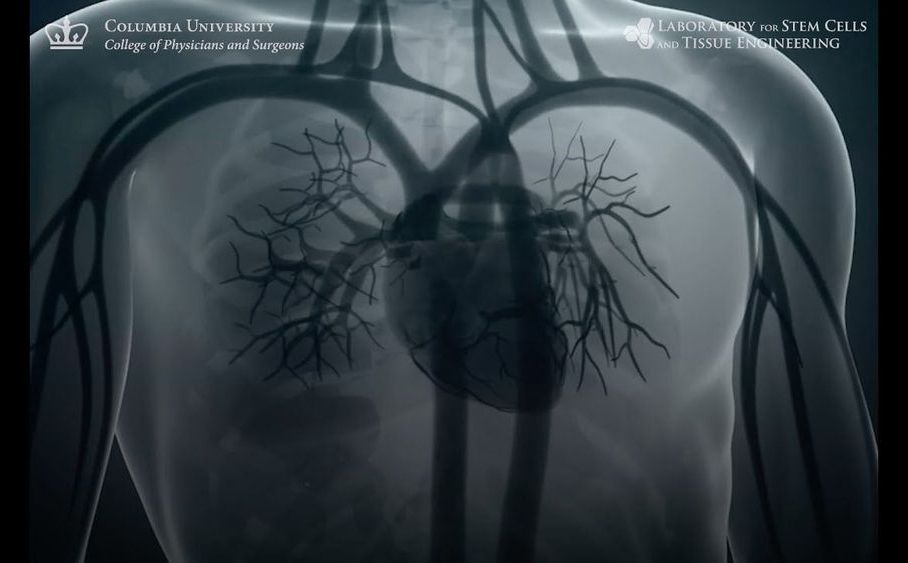People who have bipolar disorder may be more likely to later develop Parkinson’s disease than people who do not have bipolar disorder, according at a study published in the May 22, 2019, online issue of Neurology, the medical journal of the American Academy of Neurology.
“Previous studies have shown a relationship between depression and Parkinson’s disease, but few studies have looked at whether there is a relationship between bipolar disorder and Parkinson’s,” said study author Mu-Hong Chen, MD, Ph.D., of Taipei Veterans General Hospital in Taiwan.
For the study, researchers examined a national Taiwanese health database for people were diagnosed with bipolar disorder between 2001 and 2009 and who had no history of Parkinson’s disease, for a total of 56,340 people. They were matched with 225,360 people of the same age, sex and other factors who had never been diagnosed with bipolar disorder or Parkinson’s disease as a control group. Then the two groups were followed until the end of 2011.









